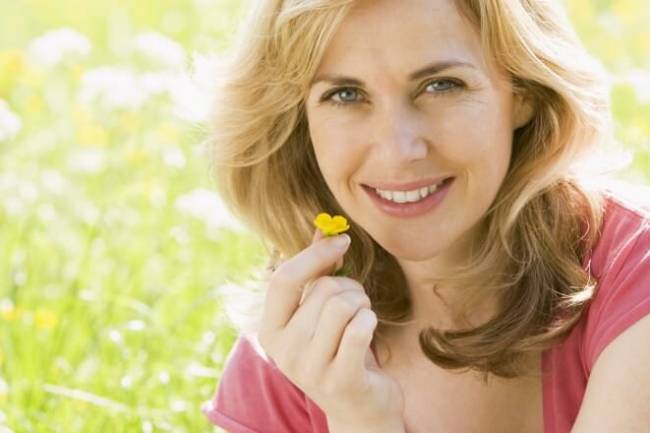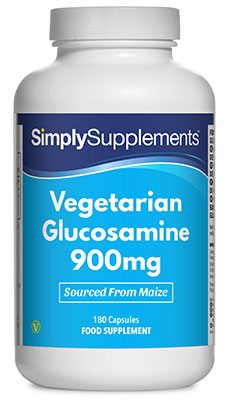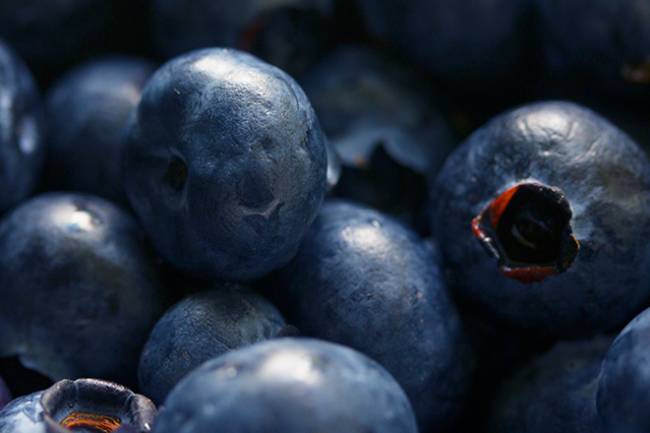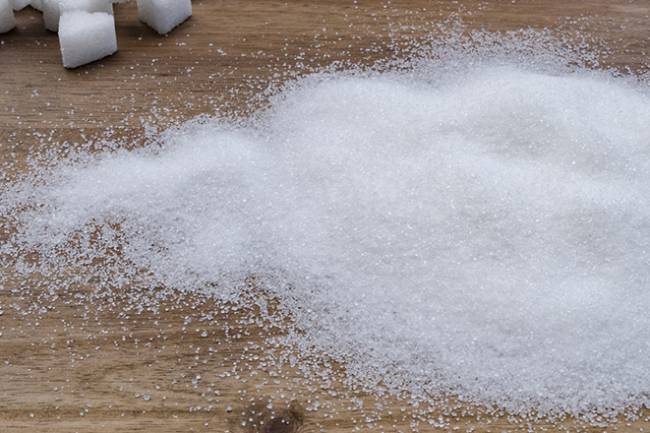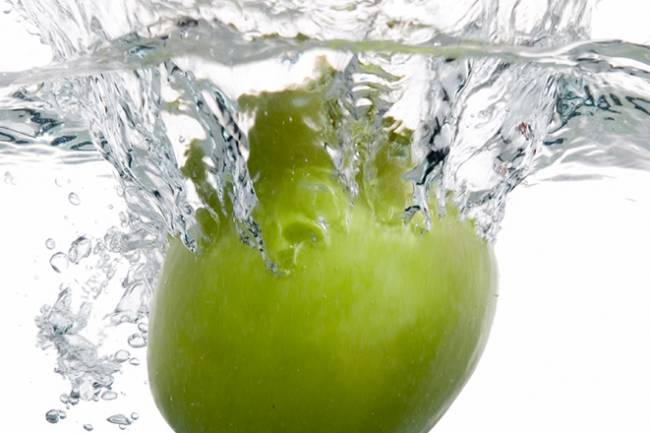Treat Polycystic Ovary Syndrome (PCOS) Naturally

Polycystic Ovary Syndrome, or PCOS for short, is an endocrine disorder that affects women. It is characterised by hormonal imbalances, particularly an excess of androgens (male sex hormones) that can cause various health problems.
The ovaries can develop cysts, as the name suggests, although they are thought to be the result of the condition, not the cause.
PCOS affects the menstrual cycle causing irregular or non-existent periods, and PCOS is a common cause of female infertility.
It affects about 7 in every 100 women in the UK, and not everyone experiences the common symptoms of PCOS.
Symptoms of PCOS
- Irregular periods (known as oligomenorrhea)
- No periods at all (amenorrhea)
- Acne or greasy skin
- Having extra body hair or male patterns of hair growth, i.e. hair on the face (hirsutism)
- Hair thinning and loss of head hair
- Heavy and prolonged periods (hypermenorrhea)
- Weight gain and obesity
- Difficulty getting pregnant
Causes of PCOS
It is hard to say what exactly causes PCOS, though it is thought to have a genetic component, so women with close relatives have a slightly high risk of developing PCOS.
Recent studies reveal that PCOS could be a systemic disorder, that is, it involves many organs and bodily processes, and is not just related to the reproductive system.
Women with PCOS have insulin resistance, so more insulin is produced by the body to manage blood sugar levels. This raised level of insulin is through to cause PCOS by stimulating the ovaries to release more testosterone.
Treatment for Polycystic Ovaries
There is no known cure for PCOS, although there are treatments that can lessen the symptoms and reduce the associated health risks. Taking the contraceptive pill has been effective for some women, but this is not suitable for everyone, and will not help with infertility, for obvious reasons!
Topical treatments are often recommended for the symptoms of acne and excess body hair. Losing any excess weight can be helpful, as this will help to reduce high insulin levels.
There are surgical treatments involving destroying ovarian tissue, but this is an invasive procedure and does not help the problem of insulin resistance.
PCOS Diet
As insulin resistance is thought to cause PCOS, losing excess weight and sticking to a low-sugar diet is recommended. Avoid junk food and sugary snacks, and go for lean meats, vegetables, legumes and whole grains to keep blood sugar levels from spiking and stimulating the production of insulin. Natural Remedies for PCOS
- Iodine: Iodine is needed for hormone production in the human body, with the ovaries containing the second highest concentration of iodine in the whole body, just behind the thyroid. Maintaining normal iodine levels is important for the health of the ovaries, and low iodine levels are common in women with PCOS. Eating iodine-rich foods like seaweed and kelp can help maintain good iodine levels, or consider taking a supplement. Sea Kelp supplements provide the essential iodine levels for regulating the body's hormone production.
- Essential Fatty Acids: Omega 3 oils can help to promote weight loss, help to balance hormones, and create a healthy environment for conception. Oily fish, flaxseeds and walnuts are rich in Omega-3, or you could try taking a dietary supplement.
- Vitamin D: This essential vitamin plays an important role in glucose metabolism, and studies have shown a marked improvement in women with PCOS who suffer from irregular menstrual cycles, with 7 out of 9 women having their periods return to normal after 3 months of vitamin D supplementation. Vitamin D is usually made within the body as a reaction to sunlight, but during the darker half of the year, supplementation may be required.

 Nicole
Nicole 